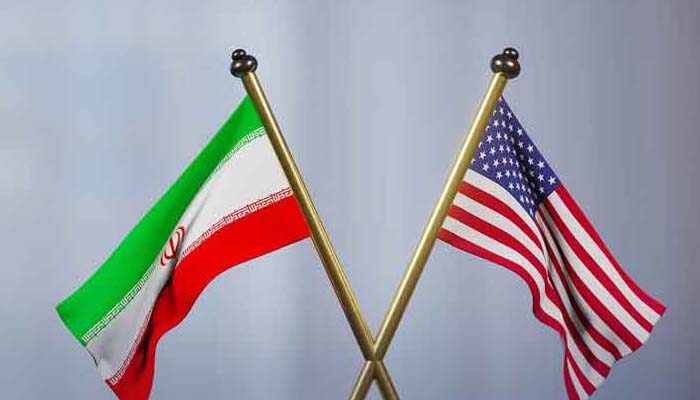Iran Calls US-Iran Nuclear Talks “Meaningless” After Major Israeli Strike
The planned sixth round of negotiations, scheduled for Sunday in Muscat, now faces uncertainty.
Tehran – Iran has cast serious doubt over its participation in upcoming nuclear talks with the United States, calling the dialogue “meaningless” following Israel’s largest-ever military strike against Iranian territory. The planned sixth round of negotiations, scheduled for Sunday in Muscat, now faces uncertainty.
Speaking to state media on Saturday, Iranian Foreign Ministry spokesperson Esmaeil Baghaei said, “The other side (the US) acted in a way that makes dialogue meaningless. You cannot claim to negotiate and at the same time divide work by allowing the Zionist regime (Israel) to target Iran’s territory.”
Baghaei accused Israel of successfully undermining the diplomatic process, suggesting that Washington either permitted or supported the Israeli strike. “This attack would not have happened without Washington’s permission,” he claimed.
Despite Iran’s strong reaction, Baghaei noted that Tehran had not yet made a final decision on whether to attend Sunday’s talks. “It is still unclear what decision we will make on Sunday in this regard,” he said.
Earlier, Iran had accused the United States of complicity in the Israeli attacks, a charge the US has denied. At the United Nations Security Council, US officials urged Iran to remain open to negotiations, stating that it would be “wise” for Tehran to return to the table.
The Israeli strike, reportedly the largest ever against Iranian assets, has further strained an already fragile diplomatic landscape. Iran continues to insist that its uranium enrichment programme is strictly for civilian purposes, denying Israeli and Western allegations that it is seeking to develop nuclear weapons.
Read more: Pakistan Backs Iran Against Unjustified Israeli Aggression: PM Shehbaz
In an interview with Reuters, former US President Donald Trump said his administration had prior knowledge of the Israeli attacks but maintained that there was still potential for a diplomatic resolution.
As tensions continue to rise, the fate of the nuclear talks—and broader regional stability—remains uncertain.





Comments are closed, but trackbacks and pingbacks are open.